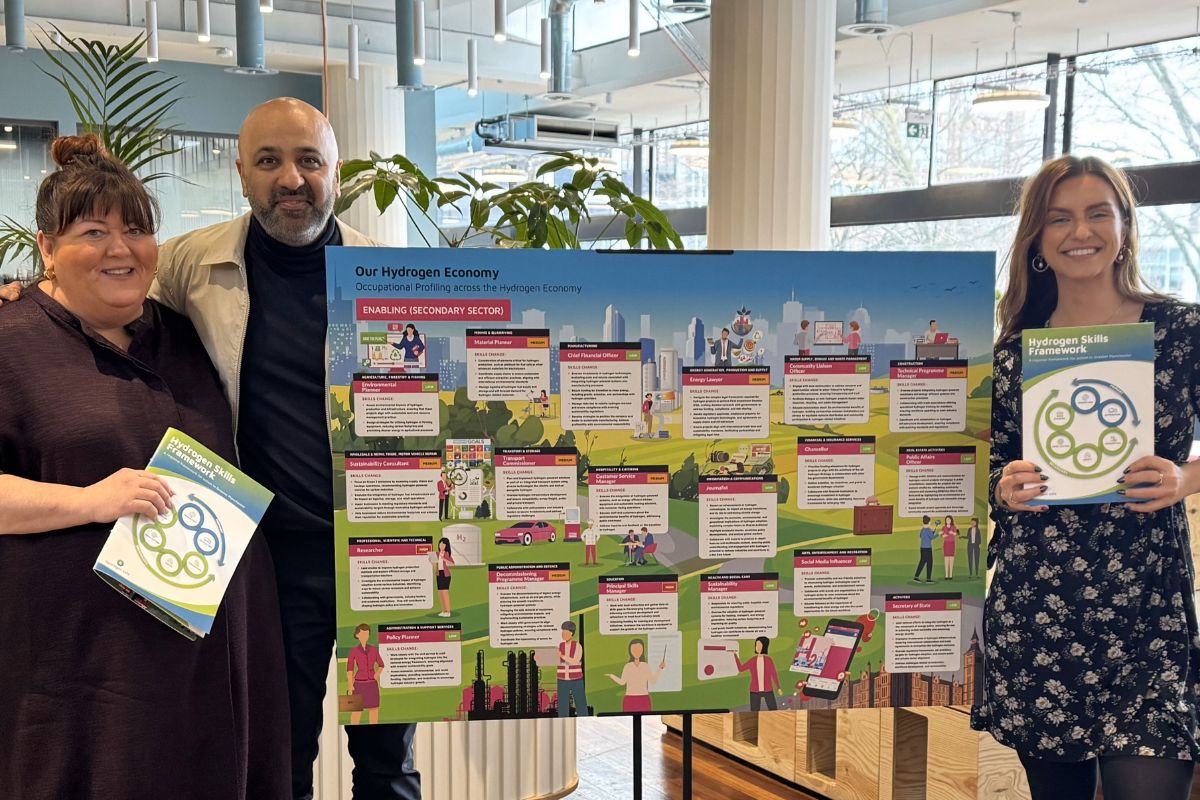New industrial strategy must drive workforce skills and productivity policy, suggest employers

Employers are urging the government to follow through on its commitment to focus on workforce issues in its new industrial strategy, according to a survey by the Recruitment and Employment Confederation (REC).
Invest 2035 is the government’s eagerly anticipated 10-year plan for the economy. A consultation period will inform a final industrial strategy in spring 2025 and the Advisory Council for the strategy has now begun meeting. The government has said people and skills is central to the industrial strategy’s task to grow the economy, but firms have heard this before.
Neil Carberry, REC Chief Executive, said:
“If the new industrial strategy’s focus on people is just a list of skills programmes that government will fund, then it will fail. Skills are part of a complex web of workforce practices that – if we can get things right – have the potential to transform UK productivity. But that requires serious engagement from business and public authorities alike. This issue was very much a ghost at the feast in the May-era industrial strategy. As our survey shows, there is a lot to do. But there is also a big prize. At a time when our domestic labour force is shrinking and skills needs are changing fast, we could unlock £39bn of growth every year by getting the people stuff right. That is why our latest survey which finds six out of ten employers are concerned about shortages in the job market, despite lower hiring activity this year. Unlocking the productivity and growth of an engaged workforce is growth the government can’t afford to lose – and that includes embracing the fact that people want to work in different ways.”
REC commissioned research specialists Whitestone Insight to conduct an online survey of a total of 233 employers of different sizes and locations in the UK, in November 2024. A key focus of the industrial strategy is ensuring a skilled workforce to unleash economic growth. The employers were asked which areas the government should prioritise to meet the skills challenge.
- 57% said upskilling the existing workforce. There was sizeable support for this across all UK regions/nations, and across all sizes of employers. Most of the people in the workforce in 2035 are already in the workforce today.
- 41% answered expanding vocational training routes. There was sizeable support for this across many UK regions/nations, and across all sizes of employers. Working with Further Education in partnership – but focussed on economic needs – will be a big part of any successful devolution agenda.
- 40% replied boosting digital training and skills development. There was particular support for this in the South and London, and among large employers (250+).
- 36% said fostering innovation and entrepreneurship. A total of 60% of respondents in London want this. This reflects a growing concern in businesses that a more open attitude to risk, and less reliance on government backing, is key to a sustainable economy.
- 30% answered increasing investment in STEM education and training. Again, it was highest in London (42%) and among the large employers (40%).
- 20% replied attracting international talent.
And the government’s 10-year industrial strategy aims to boost growth across the UK by addressing barriers such as skills, shortages, infrastructure and taxation. Employers were asked about the biggest challenge in recruitment.
- 60% said skills shortages. This was a popular choice across the UK, especially in the Midlands (69%) and across business sizes.
- 41% stated unstable business tax environment. Employers surveyed in London were most concerned about this (53%).
- 36% replied insufficient support for SMEs and start-ups. Midlands businesses and the smallest businesses (0-49 employers) in the UK were most concerned about this. Firms often struggle to comply with a web of regulation.
- 25% of respondents said access to global talent. London employers were by far the most concerned about this (44%) with just 18% of Midland employers worried about this.
Neil Carbery added:
“The survey shows that industrial strategies need to consider people and productivity alongside taxation and infrastructure policies.
“Governments must work together on a more business-responsive approach to skills and deliver on the new Growth and Skills Levy so that employers can use funding more flexibly. There are many vacancies that require shorter learning curves and that can be filled quickly by someone who is ready to learn if they have the right support. A stable, long-term approach will help businesses step up with confidence, ensuring public money crowds in private sector commitment.”











Responses